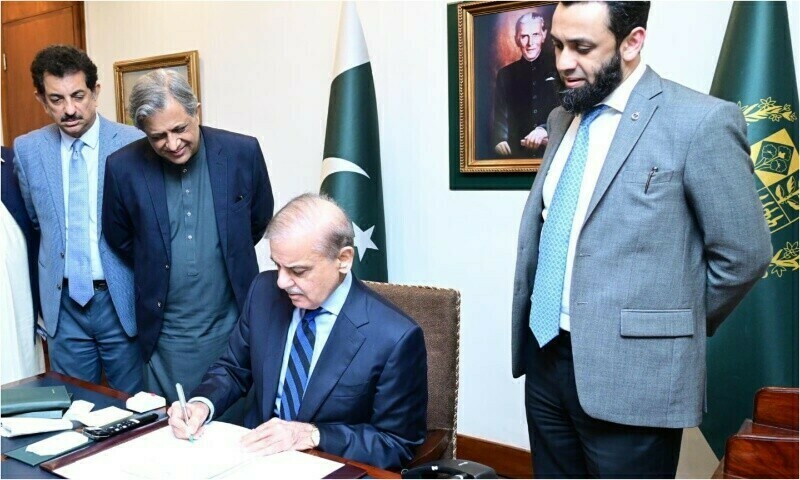Rizwan Hamad Qazi
For decades, the United States has approached the Middle East with a one-size-fits-all mentality, treating the region as a monolithic entity in need of constant intervention. But this approach has not only failed to bring stability and security to the region, but it has also resulted in costly mistakes and missed opportunities. It’s time for a new approach.
As the United States looks to redefine its role in the Middle East, it must recognize the diversity and complexity of the region. The Middle East is not a single entity, but a diverse collection of countries, cultures, and peoples, each with its own unique challenges and aspirations. The United States must engage with each country on its own terms, and understand that one-size-fits-all solutions will not work.
One of the key elements of this new approach must be to focus on economic development and cooperation. The Middle East is home to some of the world’s most dynamic and fast-growing economies, and the United States must work to leverage these opportunities to build mutually beneficial partnerships. This includes expanding trade and investment, as well as supporting key infrastructure and energy projects.
The United States must also work to address the root causes of conflict in the region, such as poverty, inequality, and political repression. This requires a comprehensive and long-term approach that addresses the needs of all stakeholders, including the people of the Middle East themselves.
Another important aspect of the new approach should be a renewed focus on diplomacy and dialogue. The United States must engage with all parties in the region, including those with whom it may have differences, to find common ground and build lasting peace. This means working with regional actors to address common challenges such as extremism and supporting initiatives aimed at fostering dialogue and understanding among different communities.
The politics in the Middle East is not restricted only to the Israel-Palestine conflict. Yes, it is the region’s fundamental political issue, and almost all parties are sensitive about it. Then, it is also imperative that UN-backed solutions must be done. Pacification in conflicts is not the way forward but the resolution of disputes. However, the Middle East provides economic, cultural and tourism opportunities. Modern diplomacy does not require coercion but partnership. Hence, it is in the interest of all powers to forge multi-dimensional alliances with the countries of the Middle East, which provide tremendous economic and financial opportunities.
In conclusion, it’s time for the United States to move away from the one-size-fits-all approach to the Middle East. The region is too diverse and complex to be treated as a special case. Instead, the United States must engage with each country on its own terms, and work to build mutually beneficial partnerships based on shared values and interests. This is the only way to achieve lasting stability and prosperity in the Middle East and to ensure a secure future for the region and the world.
Read more https://republicpolicy.com/world-arabic-language-day-and-significance-of-the-arabic-language-for-muslims/
















































